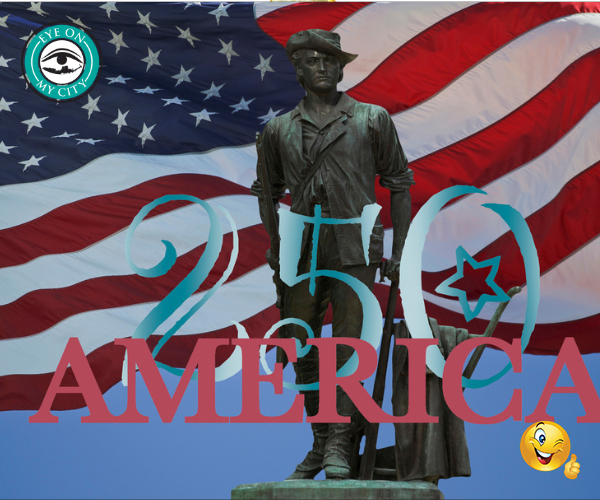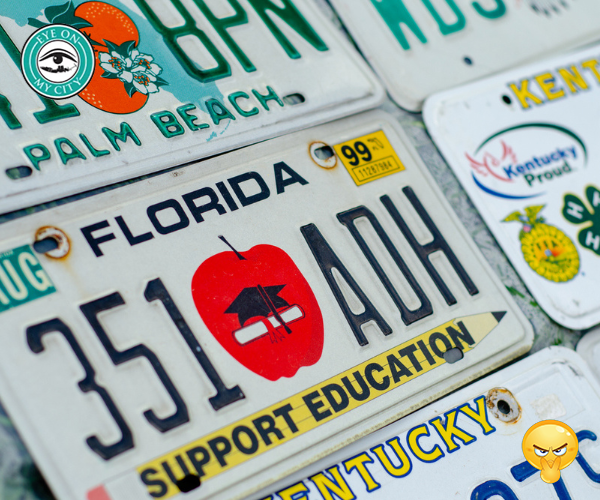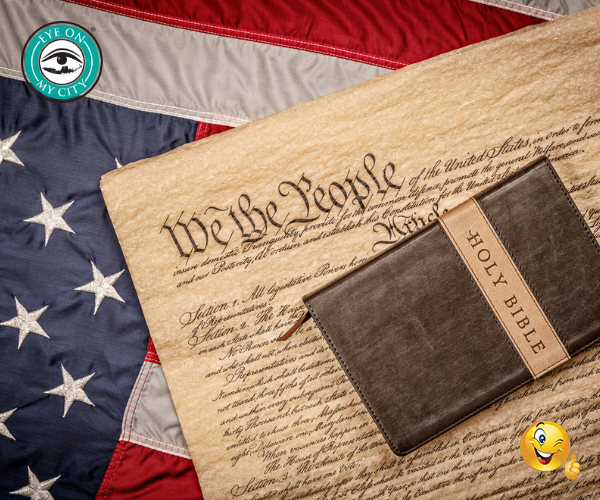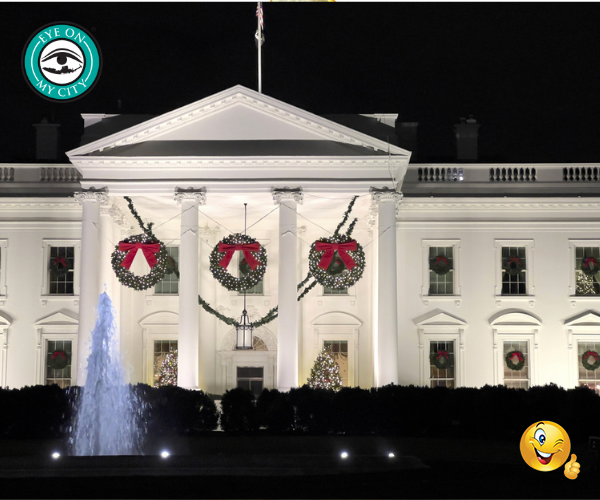Proponents of pornography and the sexualization of young children in government schools are fighting back.
A new bill is making its way through the state legislature to punish people for challenging inappropriate books.
Parents have been mobilizing in the past year or two to fight against the attacks on their children.
But Florida lawmakers are mulling a proposal to require people to pay a fee to formally challenge schoolbooks.
Last year, 1,218 people filed objections to books used in Florida public schools. Most of them were in Clay and Escambia counties.
In Clay County, activist Bruce Friedman has filed more than 300 challenges and 177 books formally have been removed in that school district. Others have just disappeared.
In Duval, parents still are gearing up to challenge books. To date, fewer than 20 have been pulled from shelves and the school district says none were the result of parental challenges.
One organization involved in the fight in Duval is Citizens Defending Freedom (CDF). It is working with the school district and Board Member Lori Hershey to submit suspect books for the district’s media specialists to review. There are, however, only three media specialists.
Volunteers for CDF are checking books flagged online and using the school district’s online catalog to determine if a book is in Duval schools. They then add it to the list to present to the district.
Under the bill as currently drawn, parents of students would still be able to challenge school materials without paying but someone who isn’t the parent of a student would be able to challenge a maximum of five books for free. After that, they would be charged $100 per objection, which would be refunded if the objection is upheld.
It has passed the House Choice & Innovation Subcommittee.
This isn’t the only restriction being used against people fighting back in the culture wars being waged nationwide, including schools.
School boards no longer prohibit parents from reading objectionable books aloud at board meetings. Not only does it make board members look foolish but under new law it now results in the book being pulled automatically.
Instead, liberal boards are limiting speakers — to a minute or two in some cases.
The media is calling the book reviews “book banning” but like school boards, the media is not allowing the material they claim is good for children to be presented in their own publications. By their own definition, these great defenders of the First Amendment are censoring the material.
The bottom line is that citizen volunteers should not have to be doing this job. It is the government’s responsibility to keep pornography out of schools and objectionable books should never be on shelves in the first place.










